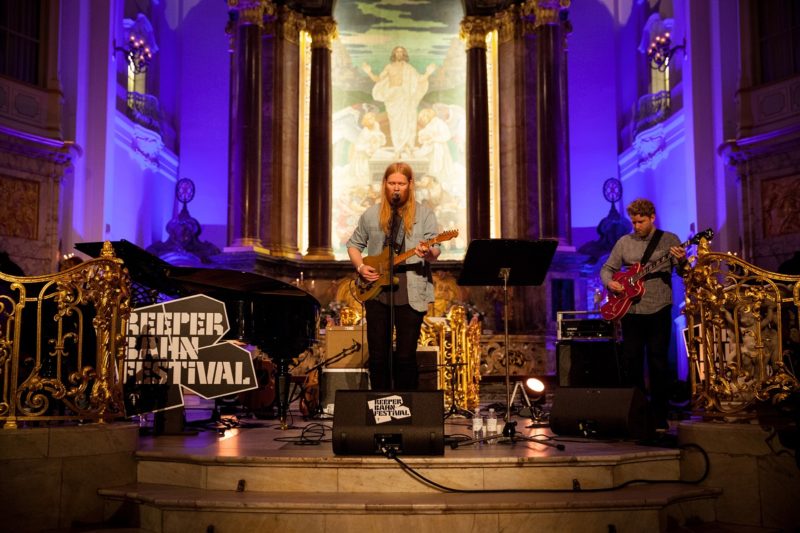My pal, the one and only Norman Fleischer who regularly provides you with insights and news from the music world in his weekly mailout recently said it well: Although we all long for normality, there is always a pain about the thought of pandemic concerts. And I couldn’t agree more that I don’t want the experiments we now are willing to endure to be the new normality. The experience of a good concert is too precious for that.
That said, I am same parts anxious and thrilled about the fact that my beloved Reeperbahn Festival is actually happening, even in this otherwise fucked up year. The essential question is though: How?
The basic facts: There will be a maximus of 2.300 visitors per day for this year’s Reeperbahn Festival edition. There are of course strict hygiene concepts for every venue and an even stricter entrance policy (which, regarding the often overcrowded gigs of the past years, probably will be the most noticeable difference but also something we actually longed for). The line-up is limited to 1st fewer artists, and 2nd a focus on European artists to reduce the international mobility. There are „only“ 120 concerts planned – as a reminder: last year escalated with a total of 600 concerts of 412 different acts. The delegates program will entirely be streamed and available to access online. All in all: The four days between September 16th and 19th will in no way feel normal.
Lessons to be learned?
But the truth is that I actually want the music scene to stay visible this way. I’m thankful that the Reeperbahn Festival is willing to take a risk – although I am very aware that it is not that great of a risk for the RBF as it would be for many other festivals (in November 2019 the RBF announced a federal founding over 20 Mio. Euro until 2024). So yeah, this is also about the question how (independent) culture is to be funded and how self reliant it actually can be. And about how such an event can work under the current circumstances. Let’s have an open mind here and see where it takes us.
There is nothing wrong about creating a space for an open discussion about how essential clubs, bookers, artists, sound engineers etc. are for a vivid music scene and how we can and want to support that as a society. Let’s shed some light on that. Let’s get as loud as possible under these circumstances to make a point: Don’t take the beauty of a great, unexpected concert experience in the safe space of a nice club amongst likeminded people for granted. Or else there is a good chance that there will be fewer experiences like that in the foreseeable future.



